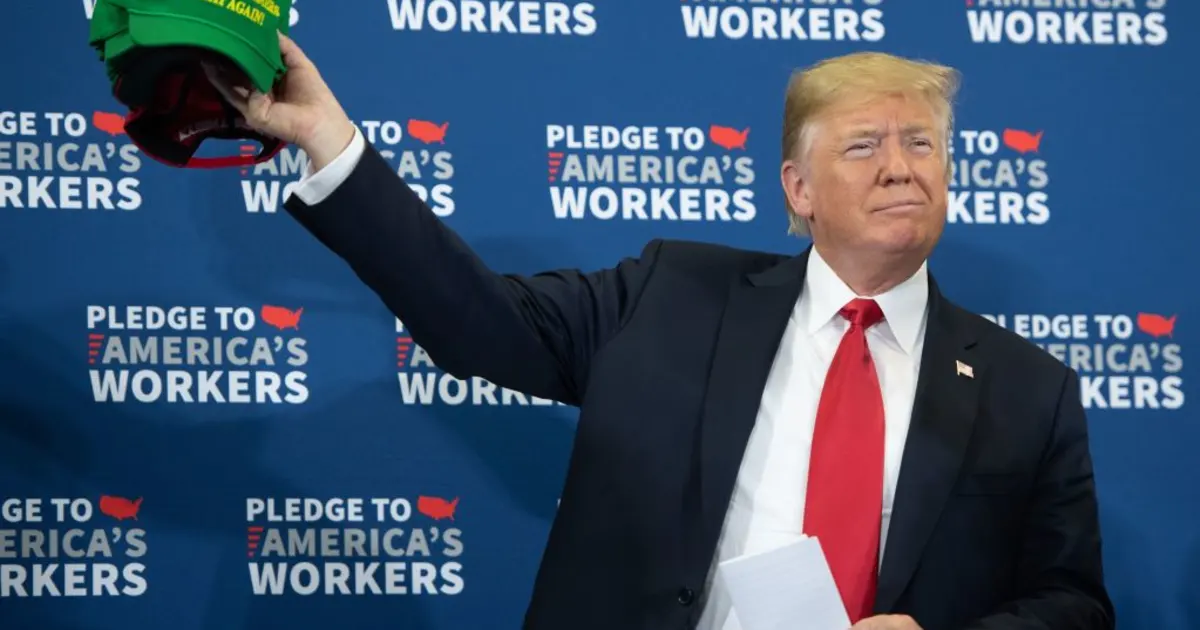Throughout the news, reports suggest that U.S. President Donald Trump is implementing significant changes to U.S. tax policy and tariffs, which could have far-reaching effects on businesses and international trade. While some proposals are already in place, others are under discussion, particularly regarding the EU and UK. This article explores how proposed tariffs could impact UK businesses and how they can protect their interests in contracts.
What is a Tariff?
One of Trump’s key economic goals was to “bring jobs back to America” through protectionist measures, including tariffs on imports. A tariff is a tax on imported goods, designed to make foreign products more expensive and protect domestic industries. If new tariffs are imposed, the cost of imported goods would likely rise, making domestic alternatives more attractive. However, this could also lead to higher consumer prices, especially if domestic suppliers struggle to meet demand.
Impact on UK Businesses
Proposed U.S. tariffs present both opportunities and challenges for UK businesses, particularly regarding costs, supply chains, and contractual obligations.
- Increased Import Costs: UK suppliers may face higher costs for U.S. imports, potentially raising prices for customers.
- Supply Chain Disruptions: Tariffs could lead to delays, price fluctuations, and increased transport costs.
- Currency Fluctuations: Shifts in U.S. trade policies may impact exchange rates, complicating pricing and profitability.
Key Contract Considerations for UK Businesses
To mitigate risks, UK businesses should proactively address potential tariff changes in contracts with suppliers and customers.
- Incoterms:
- Clearly define who is responsible for tariffs and duties (e.g., DDP – seller pays; EXW – buyer pays).
- Force Majeure Clauses: Protect against unforeseen tariff increases or policy changes.
- Re-negotiation Clauses: Allow flexibility if significant changes affect pricing.
- Pricing Protections:
- Escalation Clauses: Adjust prices in response to new tariffs.
- Price Review Clauses: Enable periodic pricing adjustments based on market conditions.
- Currency Protection Clauses: Mitigate exchange rate risks through fixed rates or adjustment mechanisms.
- Supply Chain Agreements:
- Secure long-term contracts with stable pricing provisions to account for potential tariff changes.
If Trump’s proposed tariffs return, UK businesses trading with the U.S. could face price volatility, supply chain issues, and increased costs. However, by incorporating robust contractual safeguards—such as Incoterms, pricing adjustments, and force majeure clauses—UK businesses can better navigate these risks.
Berry Smith’s expert commercial contract lawyers can help ensure your agreements provide adequate protection. If you have concerns about your contract terms, contact us at 02920 345511 or commercial@berrysmith.com.
By staying proactive and strategic, UK businesses can remain competitive and resilient in the face of shifting U.S. trade policies.
